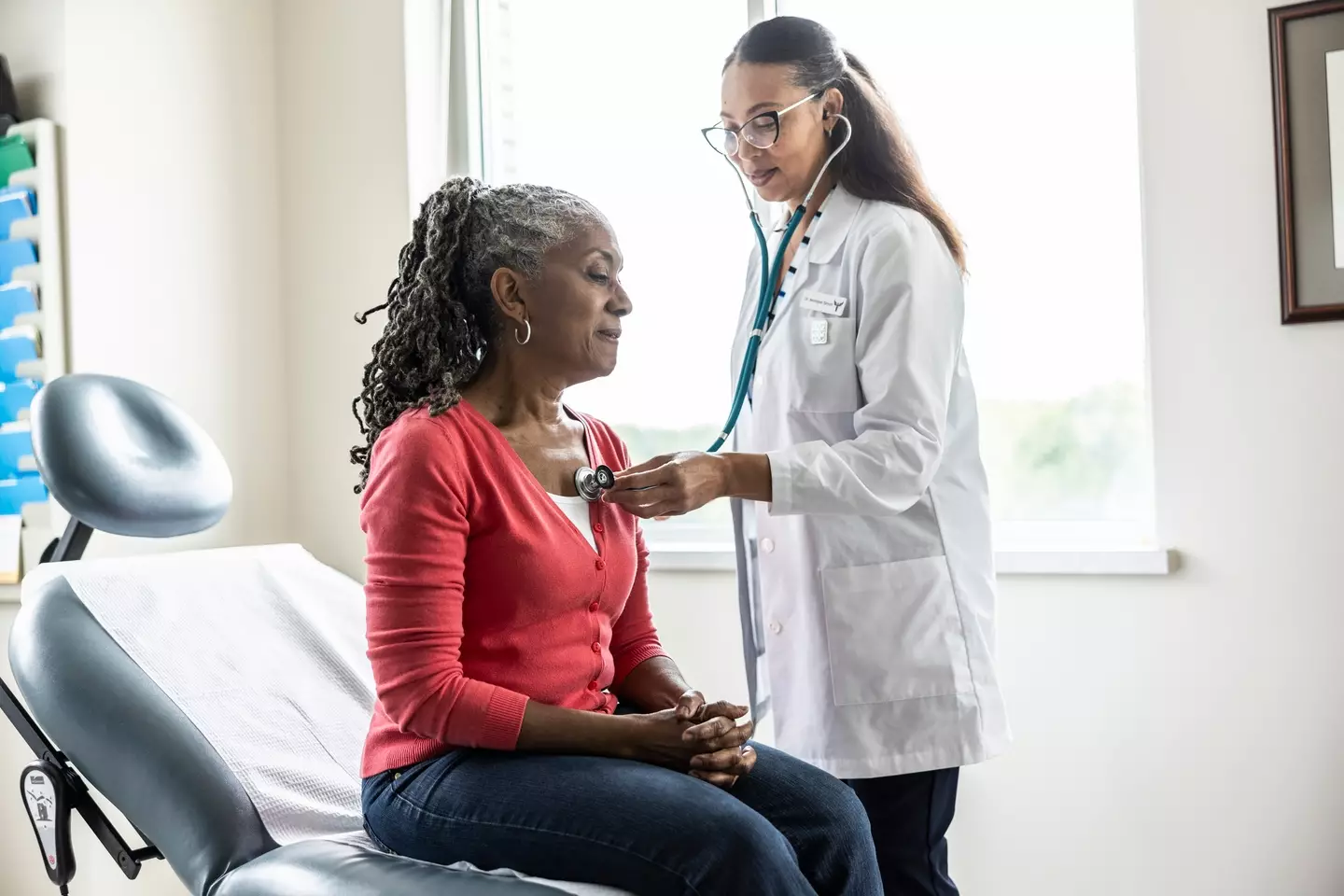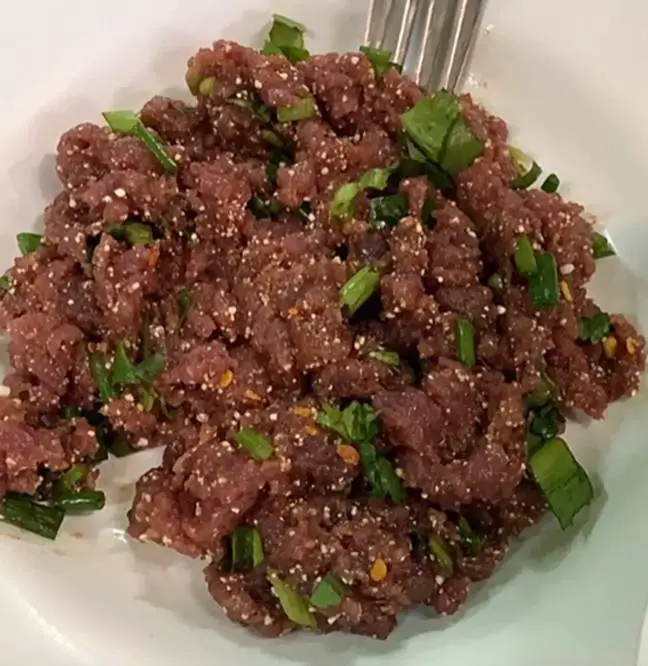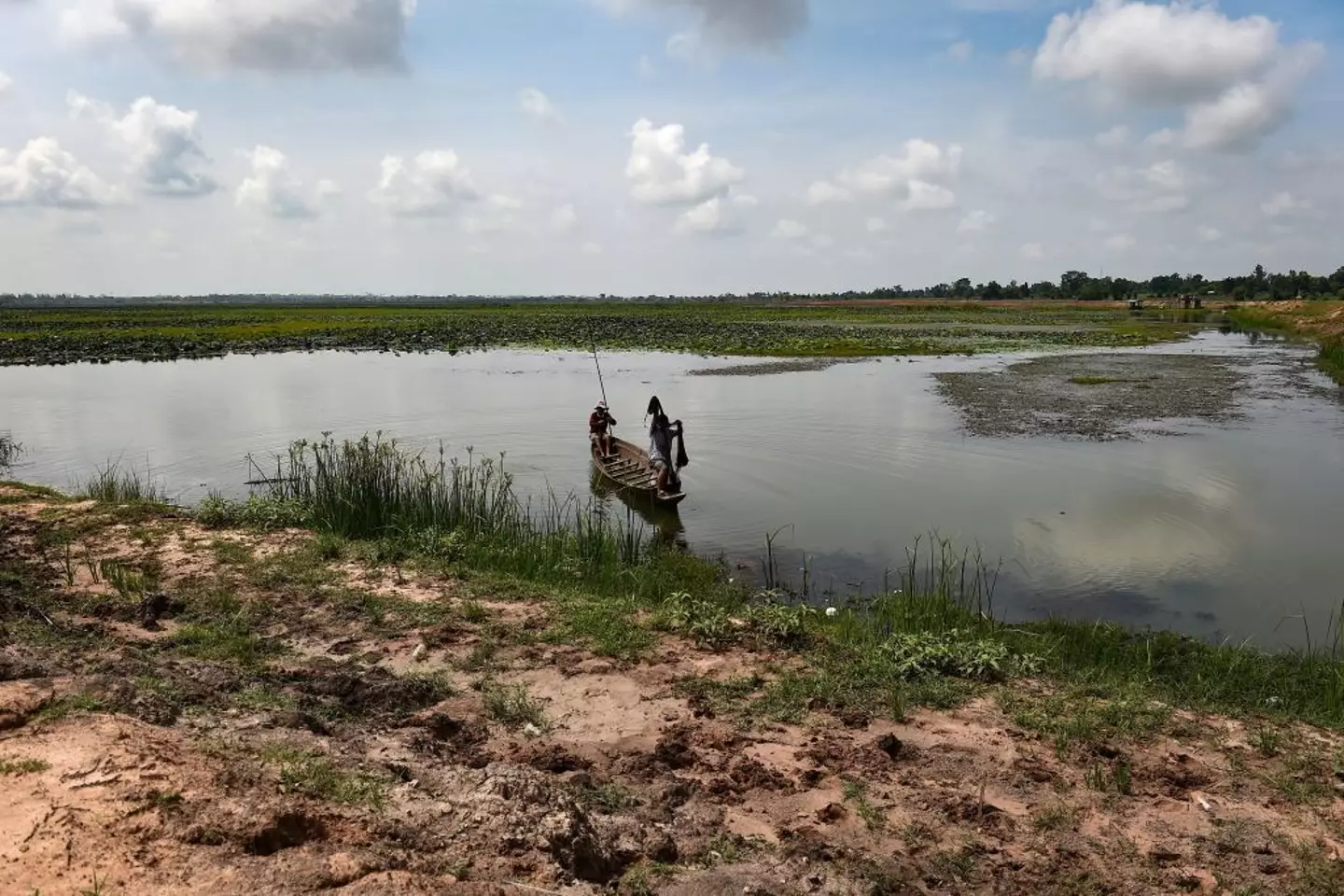Warning: This article contains discussion of cancer which some readers may find distressing.
Consider this: If you were warned that a particular meal might be lethal, you would likely steer clear of it, right?
However, it seems that’s not the case for everyone. A doctor in Thailand has shared that he often advises his patients to avoid a specific dish, yet many respond in an unexpected way to his warnings.

Doctor Narong Khuntikeo has been actively campaigning against a delicacy known as koi pla, following the heartbreaking loss of both his parents to liver cancer after they consumed it. Reports indicate that around 20,000 people in Thailand face a similar outcome each year.
The dish is especially popular in Isaan, one of the country’s poorer provinces, which has the highest incidence of such cases.
While millions in Thailand eat this regularly, it might seem the type of fish is the core problem, but the issue is more specific to certain areas.
Locals are reportedly obtaining fish from a water source in the Mekong region. This region is home to parasitic flatworms, which are ingested by the fish.
These flatworms are linked to bile duct cancer, explaining why Isaan has the most cases of cholangiocarcinoma.
“It’s a very big health burden around here,” liver surgeon Khuntikeo told Agence France-Presse.
Despite this, residents are resistant to change due to the meal’s taste and convenience. (Wikimedia Commons)

“But nobody knows about this because they die quietly, like leaves falling from a tree.”
Khuntikeo has collaborated with a group of doctors, anthropologists, and scientists who have spent four years testing Isaan villagers for the parasite.
Despite efforts to educate people about the dish’s dangers, Khuntikeo has encountered resistance, particularly from the older generation.
Amazingly, when he speaks with the elderly, some provide a peculiar rationale for continuing to eat the dish.
“They’ll say: ‘Oh well, there are many ways to die,'” he mentioned.
“But I cannot accept this answer.”

Through the use of ultrasound machines and urine tests, Khuntikeo discovered that up to 80% of certain communities had ingested the harmful parasite.
He has worked with local health authorities to implement a school program aimed at educating children about the dangers of consuming raw foods.
Nevertheless, some individuals continue to eat it. For instance, Boonliang Konghakot, a farmer from Khon Kaen province, is unfazed, stating: “I used to come here and just catch the fish in the pond… it’s so easy to eat raw.”
Thanin Wongseeda, another local who participated in Khuntikeo’s screening initiative, admitted: “I’ve never been checked before, so I think I will probably have it because I’ve been eating (koi pla) since I was little.”
If you’ve been affected by any of these issues and wish to talk to someone confidentially, reach out to the American Cancer Society at 1-800-227-2345 or via their 24/7 live chat service.

